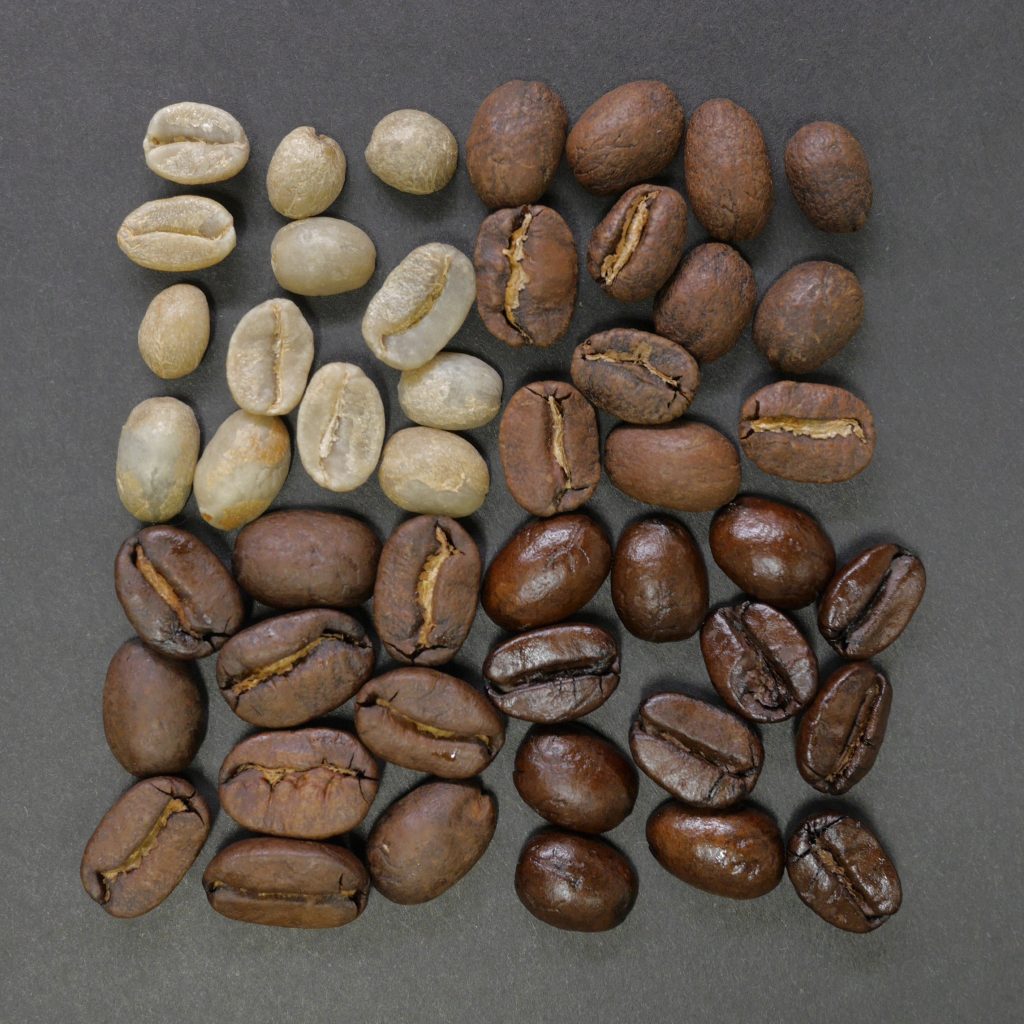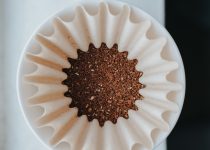Best Coffee Beans For Espresso
In this article, we’ll be discussing the best coffee beans for making espresso. We’ll explore different types of coffee beans and their unique characteristics, helping you choose the perfect one for your espresso. You’ll learn about the importance of freshness, roast level, and origin when it comes to espresso beans. Whether you’re a beginner or a coffee connoisseur, this article will provide you with all the information you need to brew the perfect cup of espresso at home. So, let’s dive right in and discover the best coffee beans for espresso.
Finding the Best Coffee Beans for Espresso
When it comes to making a perfect cup of espresso, the type and quality of coffee beans play a crucial role in determining the flavor, aroma, and overall experience of this popular beverage. With so many options available in the market, it can be overwhelming to choose the best coffee beans for espresso. But fear not, as we guide you through different aspects to consider, helping you make an informed decision and ultimately enjoy a delightful espresso experience.

This image is property of images.unsplash.com.
Understanding the Significance of Coffee Beans for a Perfect Espresso
To understand why the choice of coffee beans is so significant, let’s first understand what makes espresso unique. Espresso is a highly concentrated form of coffee made by forcing hot water through finely ground coffee beans. The extraction process is quick, which results in a rich, bold flavor with a velvety, creamy texture. As the brewing time is significantly shorter compared to other coffee brewing methods, the coffee beans used for espresso need to be specifically chosen and carefully roasted to bring out the best characteristics of this beloved beverage.
Exploring Different Types of Coffee Beans Specially Suitable for Espresso
When it comes to choosing coffee beans for espresso, two main types are commonly used – Arabica and Robusta. Arabica beans are known for their smooth, nuanced flavors, while Robusta beans have a higher caffeine content and a more robust, bitter taste. For a traditional espresso experience, a blend of Arabica and Robusta beans is often preferred, as it combines the best of both worlds by offering a balanced flavor profile with depth and crema.

Considering Coffee Bean Varieties from Different Regions
Another aspect to consider when selecting coffee beans for espresso is the region where they are grown. Different coffee-growing regions have distinct characteristics that influence the flavor of the beans. For example, beans from Central and South America tend to have a milder, sweeter flavor with notes of chocolate and nuts. On the other hand, beans from Africa and the Middle East are known for their fruity, floral, and sometimes wine-like flavors. It’s a matter of personal preference, and exploring different regional varieties can add excitement and variety to your espresso experience.
Examining the Roasting Levels for Espresso Coffee Beans
The roasting level of coffee beans has a significant impact on the taste and aroma of espresso. When it comes to espresso, medium to dark roasts are generally preferred. A medium roast brings out a balance between acidity and sweetness, while a dark roast offers a deeper, smokier flavor with reduced acidity. However, it’s essential to note that personal taste plays a crucial role, and some individuals may prefer a lighter roast to highlight specific flavors.

This image is property of images.unsplash.com.
Taking into Account the Blend and Single-Origin Options for Espresso
When choosing coffee beans for espresso, you have the option of selecting either a blend or single-origin beans. A blend combines beans from different regions and different roasting levels to create a unique flavor profile. Blends often aim for a consistent taste and offer a well-rounded espresso experience. On the other hand, single-origin beans come from a specific coffee-growing region and can showcase the unique characteristics of that particular area. Single-origin beans can be an excellent choice for those looking to explore and appreciate the nuances of different coffee-growing regions.
Judging the Freshness and Shelf Life of Coffee Beans for Espresso
Freshness is key when it comes to brewing the best espresso. Coffee beans are at their peak flavor within a few weeks of being roasted. Therefore, it’s important to choose coffee beans that have a roasted-on date to ensure you are purchasing beans at their freshest. Additionally, it’s advisable to buy whole beans and grind them just before brewing to maintain optimal freshness and flavor. Storing coffee beans in airtight containers away from light, heat, and moisture can help extend their shelf life and preserve their flavors for a longer duration.
Determining the Grind Size and Consistency for Espresso
The grind size and consistency of coffee beans for espresso are critical factors that influence the extraction process and ultimately the taste of your espresso shot. For espresso, a fine grind is essential as it allows for optimal extraction in a short amount of time. A consistent grind size ensures even extraction and prevents under-extraction or over-extraction, resulting in a well-balanced and flavorful shot of espresso. Investing in a good-quality burr grinder can help achieve the desired grind size and consistency consistently.
Analyzing the Flavor Profiles and Taste Notes of Coffee Beans for Espresso
Coffee beans from different regions and roasting levels offer a diverse range of flavor profiles and taste notes. It’s important to consider your personal preference when selecting coffee beans for espresso. Some individuals may enjoy a bold, dark chocolate flavor with hints of caramel, while others may prefer a lighter, fruitier profile with notes of berries or citrus. Experimenting with different flavors and taste notes can be a thrilling journey to discover your perfect espresso experience.
Identifying the Best Brands and Specialty Coffee Options for Espresso
When it comes to choosing the best coffee beans for espresso, it’s worth exploring specialty coffee options and reputable brands known for their commitment to quality and craftsmanship. Many coffee roasters focus on sourcing high-quality beans, often providing detailed information on the origin, roast level, and flavor notes of their coffee. By opting for specialty coffee, you can be assured of a superior cup of espresso that has been meticulously crafted to bring out the best qualities of the coffee beans.
Conclusion
Finding the best coffee beans for espresso is a delightful and rewarding journey. By considering factors such as the type of beans, regional varieties, roasting levels, blend or single-origin options, freshness, grind size, flavor profiles, and reputable brands, you can elevate your espresso experience to new heights. Remember to experiment, trust your taste buds, and have fun exploring the vast world of coffee beans to discover the perfect cup of espresso that satisfies your unique preferences. Here’s to many delightful mornings and delightful cups of espresso!



